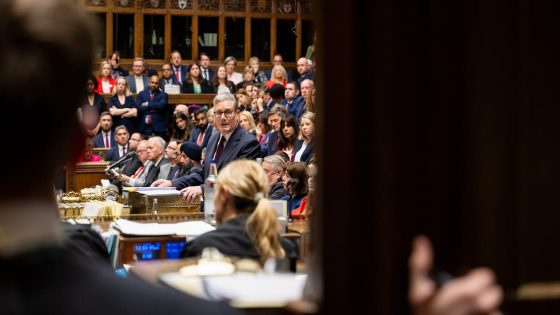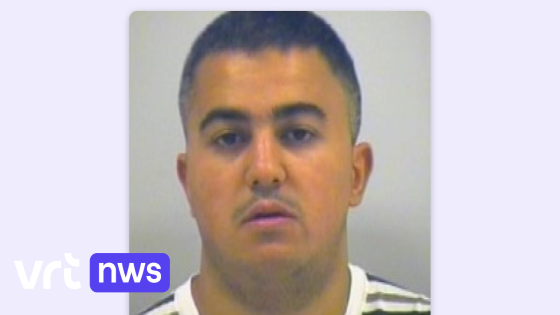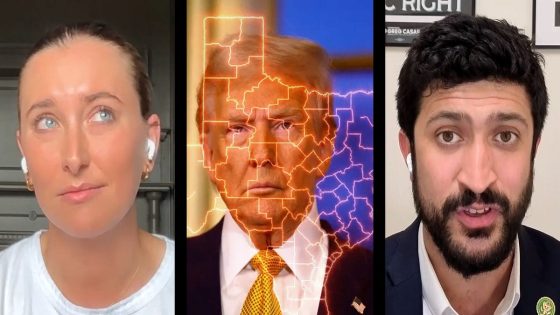Donald Trump’s upcoming state visit to the UK from September 17-19 has sparked significant interest, especially given his controversial past interactions with British politics. Unlike Barack Obama, who addressed Parliament in 2011, Trump was not granted this honor during his first visit in 2019, leading to protests and a giant baby balloon depicting him near Parliament.
- Trump denied joint address in 2019 visit
- Protests occurred during Trump's first trip
- Farage and Braverman support parliament recall
- Trump aims to respect King Charles
- Comments on Canadian parliament opening
- Brexit viewed as "sloppy" by Trump
This time, prominent British figures like Nigel Farage and Tory MP Suella Braverman are urging Parliament to be recalled for Trump’s address. However, the U.S. president has stated that his primary goal is to enjoy his time and show respect for King Charles, whom he described as a “great gentleman.” Interestingly, Trump dismissed suggestions that King Charles’s recent actions were politically motivated, saying, “They’re wrapped up with Canada. So what’s he going to do?”
Despite his support for Brexit, Trump commented that the process has been “on the sloppy side” but believes it is improving. How will this visit impact U.S.-UK relations? Will Trump’s remarks resonate with the British public?
As Trump prepares for his visit, several key points arise about the implications for both countries:
- Trump’s absence from Parliament raises questions about diplomatic respect.
- His comments on Brexit may influence public opinion in the UK.
- Support from British politicians could signal a shift in political alliances.
- Protests may highlight the ongoing division in British sentiment toward Trump.
As Trump embarks on this visit, it will be crucial to monitor how his interactions shape future diplomatic ties between the U.S. and the UK.
































